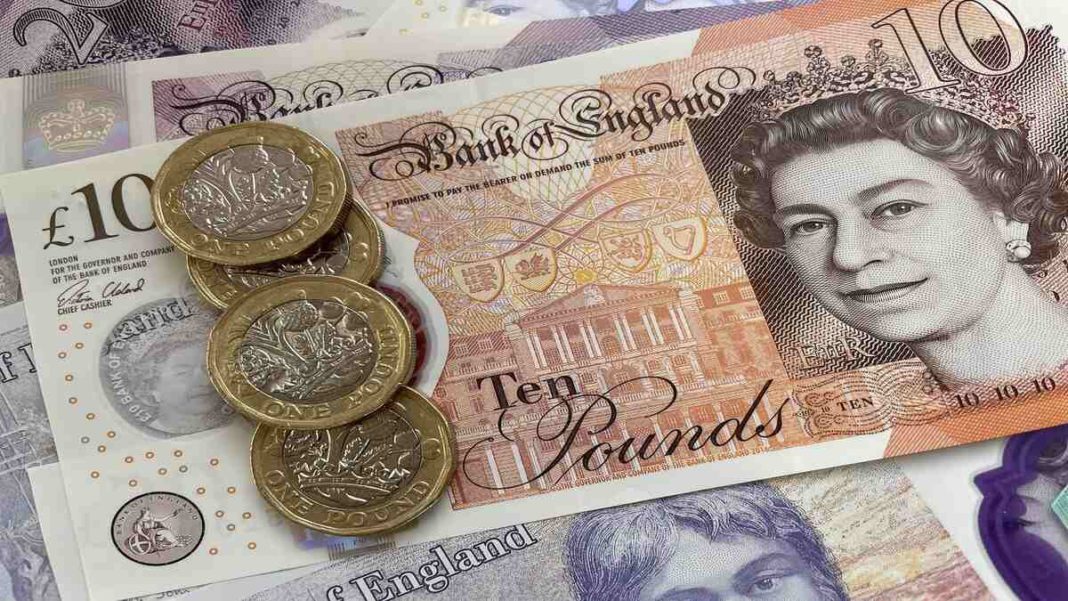UNITED KINGDOM: Britain’s economy contracted less than expected in May despite a bank holiday to mark King Charles’ coronation and strikes, indicating that the widely predicted recession resulting from high inflation and rising interest rates may not be underway yet.
According to the Office for National Statistics (ONS), economic output decreased by 0.1% in May compared to April, following a growth of 0.2% in the previous month. Economists surveyed by a UK-based media had anticipated a contraction of 0.3% in May.
Although all sectors of the economy, except for services, experienced a decline, the services sector showed no growth. The release of this data led to a modest increase in the value of the pound against the dollar.
While business groups acknowledged the overall sluggishness of the economy, they also noted persistent inflationary pressures. Consequently, it is likely that the Bank of England will raise interest rates further in early August.
In comparison to other major advanced economies, Britain’s economic recovery from the COVID-19 pandemic has been slower, with only recession-affected Germany performing similarly poorly in the first quarter of this year.
“Our sense is that underlying activity is still growing, albeit at a snail’s pace,” said Paul Dales, chief UK economist at Capital Economics, who spoke to the UK media.
The economy appeared to be on a trajectory of approximately 0.1% growth in the second quarter, slightly exceeding the Bank of England’s prediction of no change. However, it was anticipated that the economy would experience a mild recession later in the year, according to Dales’ analysis.
Dales further noted that the upcoming inflation report, scheduled for release next Wednesday, would likely be the determining factor for the Bank of England in deciding whether to implement another half-percentage point increase in interest rates or opt for a more moderate quarter-point hike.
Jeremy Hunt, the finance minister, warned that high inflation was still hurting the economy and urged patience in bringing it down. He said, “Our plan will work, but we must stick to it.”
Certain businesses within the arts, entertainment, and recreation sectors, along with hotels and restaurants, reported favourable outcomes due to the additional bank holiday, the ONS stated.
However, indications pointed to a negative impact on output resulting from strikes in the healthcare, railway, and education sectors.
According to the ONS, any decrease in economic activity for June that is less than 0.1% would put the economy on track to avoid a contraction for the full second quarter.
When additional bank holidays temporarily reduce output, Britain’s economy frequently shows some recovery in subsequent months.
Separate ONS data revealed that exports to the European Union decreased to their lowest level since January 2022 in May, contributing to Britain’s trade-in-goods deficit expanding by more than anticipated to 18.7 billion pounds.
Also Read: UK Court Hears Kevin Spacey’s Denial of Groping Accusations



